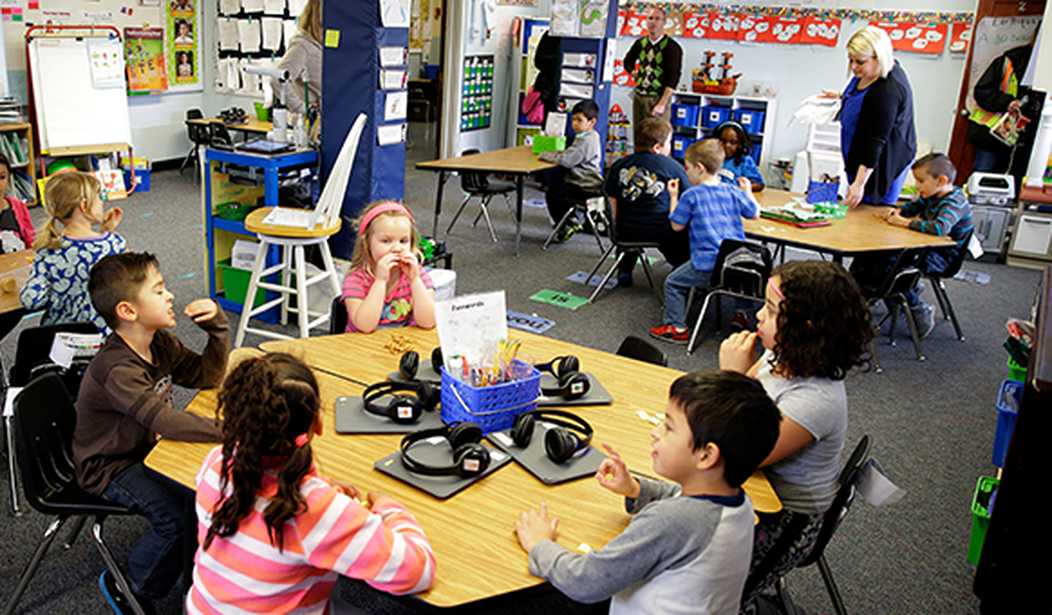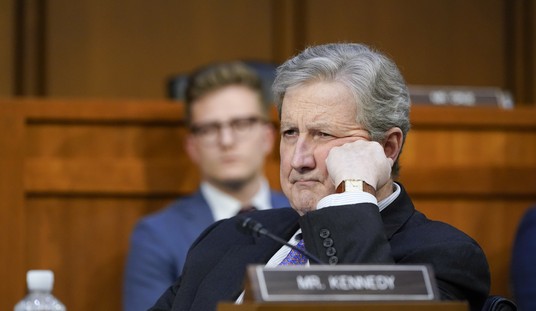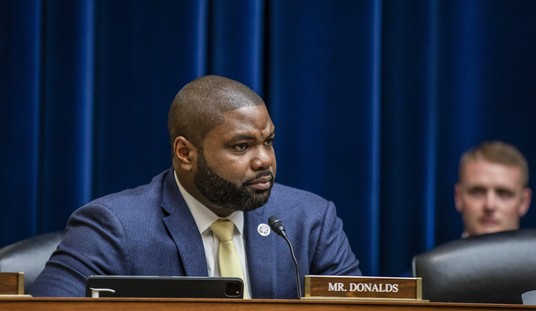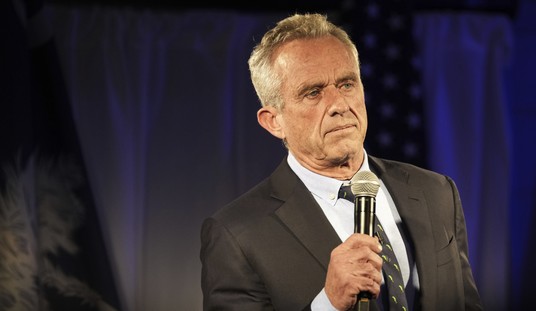A news item emerged from Texas where CNN reported on a teacher being reprimanded and ultimately quitting over her involvement with the care of her students. It is a story that, on the surface, makes sense, but when stepping back to look at the larger issue, you encounter conflicting approaches to matters of this kind. Imagine — the press contradicting its own passionate messaging on a topic.
This matter concerns a kindergarten teacher in Texas who was discovered to have given a number of her students melatonin, an over-the-counter remedy involving the hormone released in the brain to aid with sleep. This was done without any notice given and without any permission granted by parents. Rightfully so, this alarmed school administrators and the school district, which acted swiftly and compelled the teacher to resign, as it was deemed “the fastest, most efficient process to separate employment.”
Most anyone hearing this story understands how wrong the teacher acted here and that the removal of this educator was the proper result. But as far as the approach of a school district and the media to look down on the act of a teacher taking student matters into their own hands absent parental involvement, it leads to one question: Since when?!
For years now, we have been lectured about how vital it is that schools and teachers are to be regarded as a safe haven for students apart from their parents. When the topic of sexual orientation or transgenderism has arisen, we have been told that parents do not need to be involved and that the concept of parents having control over their own brood is something that needs to be dispatched, as schools and teachers seemingly know better what is in the child’s best interest.
This dichotomy of thought is something CNN glosses over in this news report. Bringing up those past claims of teacher superiority over a child’s care is something that never emerged in this article, curiously enough. The tone delivered here is one of concern that a teacher would cross lines in this fashion. According to a school district administrator:
A school district investigation found that the teacher “did give out melatonin, acting on her own and without obtaining parent permission. The teacher also did not notify the campus administration nor the nurse. The teacher’s actions were unacceptable. We are appalled that the teacher made this decision.”
It was just a couple of months back when CNN was covering the issue of states passing a mounting number of bills to involve the parents in the schooling of their children and grant more parental rights in schools. CNN called this development “chilling.” Writing at CNN, Jill Fillipovich decried the rise of legislation granting parents more access to schooling.
"Parents' rights" is now too often a shorthand for a parent’s right to control: the power to decide what their child learns, what their child believes and what that child does with their body – all while preventing the child’s exposure to anything with which the parent might disagree.
Of course, all of this meant that schools and the media opposed parents getting involved if it meant parents might oppose invasive agenda items such as sexual orientation or gender fluidity with their kids. This leads down a path of paradoxes for those wanting to control kids. Apparently, some teacher interventions regarding the personal well-being of students are acceptable, others not so much.
It is with curiosity we see CNN, in this story from a Texas kindergarten, exploring the effects melatonin may have on children. (There are uncertainties about what dose to use, when to give it…and whether melatonin’s benefits outweigh its possible risks.) We have seen more reticence from them on the matter of how kids might become affected by hormone therapy and other “gender-affirming” treatments.
It is possible to say parents should be dialed in with all matters of this type involving their kids, but the press has differing standards. Somehow, life-altering topics such as sexual preference or how a child self-identities are considered to be in the realm where parents need not be included.
Puberty blockers are less of a concern for the press than giving a five-year-old melatonin gummies before nap time. It appears when it comes to matters involving student health, schools, and parents, not all hormones are created — nor reported on — equally.













Join the conversation as a VIP Member